This Danish film is as cold as the winter in Northern Europe. It mercilessly carves deep into human nature and social morality, leaving you shivering. Watching "The Hunt" is not a pleasant experience, it brews an atmosphere of near-despair.
While the saying goes that "the tale of the tiger can be believed if told by three people," this film is more than just that. The children in the movie are set between angels and demons, making this tale of the tiger even more profound and chilling. The protection and emphasis on children in Western countries are also evident in this film. A child's words are often innocent and unintentional, but when these innocent "childish words" touch upon social moral taboos and are misunderstood, innocence can turn into a poison. Lucas is just such an unfortunate victim who has been poisoned.
Children naturally don't have to take responsibility for their words. Their limited life experiences leave them with nothing in society. For an adult, a place in society can almost be everything. When this is destroyed, it means that the individual's social nature has been erased. For a rational adult, this is a form of murder. Lucas's reaction seems a bit slow, and his self-defence only bursts forth at the end. In fact, in the early scenes where the male protagonist interacts with the children and his girlfriend, we can see Lucas's passive personality. Such people are often dull but kind.

Children are a special vulnerable group in society. They are not mature physically or mentally, and their ability to protect themselves is weak. Therefore, when there is suspected child abuse, the community will always stand unreservedly on the side of the child. However, when this unreserved social nature is misunderstood and misused, children transform from angels into demons. The immature personality and discernment of children make conventional and reasonable societal solutions inaccessible. As a result, their words often bring about immense destructive power. Lucas' life was destroyed by a few sentences of childish nonsense, but the greatest destructive force in the destruction process was not directly caused by the child. Instead, it was brought about by the exclusion and alienation of society. After all, humans are social animals. When an individual is isolated and alienated, the harm caused by this estrangement can be enormous.
The first half of the movie felt a bit confusing and slow to start, but once past that point, it picked up with explosive tension. The director's handling of the camera was calm and rational, just like the protagonist's own restraint in the film. However, as the protagonist's rationality began to waver in the second half, the camera remained calm and composed. This contrast between the turmoil within the frame and the calm rationality outside of it created a sense of anger and even anti-social violence within the audience. It was precisely this intense contrast between the detached camera and the explosive tension within the story that evoked a strong empathy for the protagonist's plight, resulting in a highly immersive experience and precise character development.

Director Thomas Vinterberg skilfully manipulated the audience's emotions throughout the film. One scene that left a deep impression on me was when Lucas ironically found himself in a church, a place of redemption where he could potentially coexist peacefully with "good" people in his community, all under the guise of God's universal love. When the children began singing Christmas carols with angelic voices, the stark contrast between evil and innocence pushed Lucas to the brink of his sanity. However, he ultimately did not break down. His rational mind told him that the children were innocent, so he sought revenge on Klara's father instead. I believe this was ultimately a misguided decision, as the final scene revealed that the real culprit behind this entire ordeal was not Klara, nor her misguided father, but rather the societal prejudices that Lucas himself was a part of.
In the end, the adult initiation ceremony is quite intriguing. The passing of the shotgun and the ambiguous smiles around create a chilling atmosphere. Becoming an adult means power and responsibility, but it also comes with a price. Society can accept you and give you a place, or they can quickly dismiss you, as they did with Lucas.

It doesn't matter who pulled the trigger at the end; its greatest value lies in waking up those who are dreaming. The person behind the gun remains a blurry silhouette, and the director's intention is clear: this silhouette is meant for everyone.
The title "The Hunt" carries a certain significance. Lucas is the deer being hunted in the forest of society, exposed and vulnerable without any defences, even gratefully so. Countless hidden hunters can harm him, and that final shocking shot can be seen as either malicious gossip or a well-intentioned warning. However, the underlying message is the same: go away, this forest no longer welcomes you.
The unintentional exclusion of individuals by social groups reveals some of the darker aspects of society. Let's not talk about the evils of paedophilia for now, but rather the collective exclusion. Throughout history, how much prejudice and persecution have a majority shown towards a minority? From heretics to homosexuals, from Bruno to Turing, this vicious ghost has always existed. Even today, Iran still imposes a cruel death penalty on homosexuals. Don't think that they are far away from us. They are still crawling around us alive, and we cannot ignore them. Klara played a bad role as a trigger in this incident, but the most hateful thing is not the child, but those hypocritical, biased, prejudiced, self-proclaimed guardians who are arrogant adults.
Remember, ignorance is not the biggest obstacle to civilization; it is arrogance.
















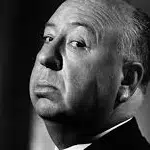

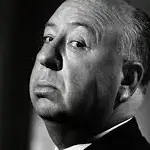



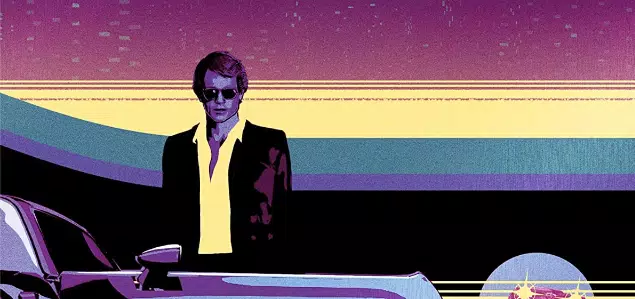




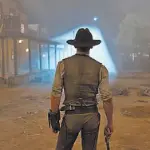












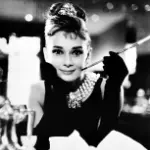










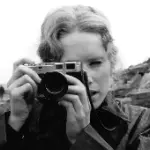


Share your thoughts!
Be the first to start the conversation.